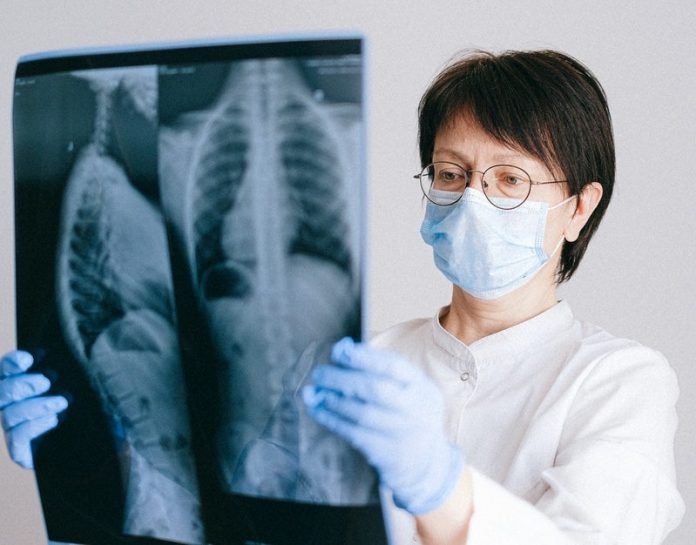
A big question on people’s minds these days: How long does immunity to SARS-CoV-2 last following infection?
In a new study, researchers found an interesting clue.
They found that people with severe COVID-19 cases may be left with more of the protective “memory” T cells needed to fight reinfection.
The finding suggests people with severe COVID-19 cases may have stronger long-term immunity.
The research was conducted by a team from La Jolla Institute for Immunology and elsewhere.
Since early in the COVID-19 pandemic, the team had examined which antibodies and T cells are important for fighting SARS-CoV-2.
They had used sequencing tools to uncover which T cell subsets may control disease severity.
In the current study, the researchers tested the expression of individual genes of more than 80,000 CD8+ T cells isolated from both COVID-19 patients and non-exposed donors.
CD8+ T cells are the cells responsible for destroying virus-infected host cells. “Memory” CD8+ T cells are also important for protecting the body from reinfection against many viruses.
The team studied CD8+ T cells from 39 COVID-19 patients and 10 people who had never been exposed to the virus (their blood samples were given before the pandemic).
Of the COVID-19 patients, 17 patients had a milder case that did not require hospitalization, 13 had been hospitalized, and nine had needed additional ICU support.
To the researchers’ surprise, they saw weaker CD8+ T cell responses in patients with milder COVID-19 cases.
The researchers saw the strongest CD8+ T cell responses in severely ill patients who required hospitalization or ICU support.
In fact, CD8+ T cells in the milder cases showed the molecular signs of a phenomenon called T cell “exhaustion.”
In cases of T cell exhaustion, cells receive so much immune system stimulation during a viral attack that they are less effective in doing their jobs.
The team thinks it is worth testing whether T cell exhaustion in the mild COVID-19 cases may hinder a person’s ability to build long-term immunity.
As a next step, the researchers hope to shed light on how T cells in tissues hit hardest by SARS-CoV-2, such as the lungs, react to the virus.
One author of the study is Professor Pandurangan Vijayanand, M.D., Ph.D.
The study is published in Science Immunology.
Copyright © 2021 Knowridge Science Report. All rights reserved.



